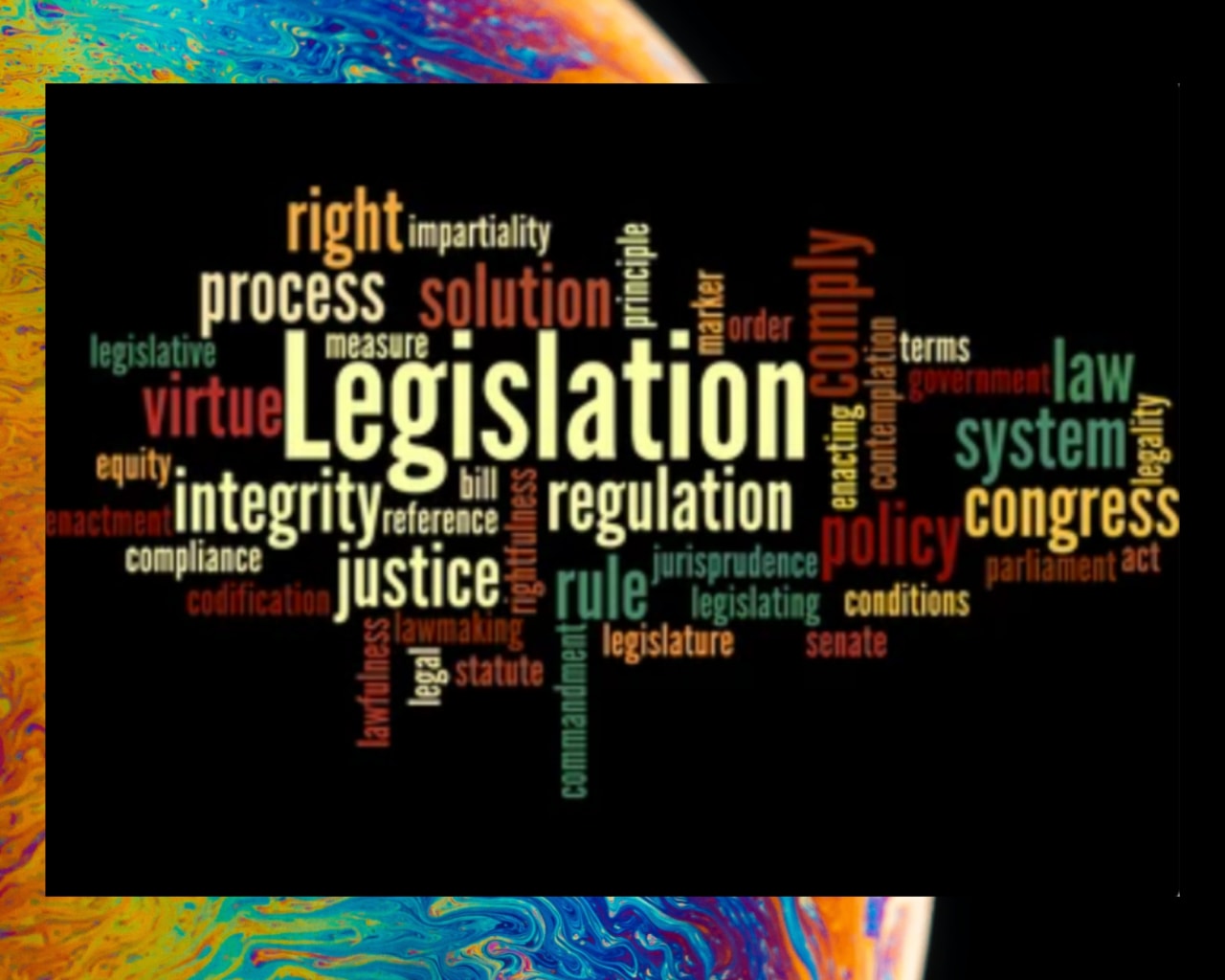Landlords Evade Good Cause Eviction as New Bill Aims to Tackle Rent Overcharge Cases
Lawmakers are considering a new bill that could have significant implications for rent overcharge cases and potentially "open the floodgates" for legal action. The proposed measure aims to make it easier for tenants to prove past rent overcharges as fraud, leading to substantial payouts for violations committed years ago, even by previous property owners.
Ellen Davidson of the Legal Aid Society explained that proving a landlord's fraudulent intent to increase rent or deregulate an apartment has become increasingly difficult, especially due to recent court decisions. However, critics of the bill, such as Jay Martin, the executive director of the Community Housing Improvement Program (CHIP), argue that it unfairly punishes property owners and creates a presumption of guilt.
The bill, along with another seeking to provide tenants with greater access to rent histories, was debated during the final hours of the legislative session. The Senate passed the bill related to rent history access, while the other measure was expected to be taken up later. Lobbyists and journalists were caught off guard as lawmakers extended their session by a day.
CHIP claims that the bill aims to overturn a significant 2020 state Court of Appeals decision, which stated that the 2019 rent law could not be applied retroactively to rent overcharge cases. The decision also outlined that rent owed to tenants in pre-2019 overcharge cases must be calculated based on a four-year lookback unless there was intentional deregulation by the landlord.
The proposed measure broadens the definition of fraud to include any material breach of duty related to disclosing rent, regulatory status, or lease information with the intent to deregulate or unlawfully increase rent. Landlords would need to prove good faith reliance on administrative agency or court directives or rulings to avoid fraud accusations. The bill also encompasses failing to register apartments in buildings receiving J-51 or 421a benefits after October 1, 2011.
Deborah Riegel, an attorney with Rosenberg & Estis, argued that the bill's definition of fraud is overly broad, potentially labeling any landlord mistake as fraud. Riegel expressed concerns about the chaos and uncertainty this could bring to the industry, making it challenging to determine appropriate rent levels and increasing liability for owners. Additionally, lenders may be wary of the heightened liability and its impact on property financing.
The bill also requires buildings that were previously exempt from rent stabilization due to substantial rehabilitation to submit applications to the state's housing regulator within six months of the bill's passing. Buildings that have been exempt for decades would need to apply for exemption, while newly rehabilitated buildings would have one year to submit their applications.
While the emergence of this bill follows the abandonment of a larger housing package that included a 421a extension and good cause eviction, it signifies ongoing efforts to address rent regulation and protect tenants' rights.



